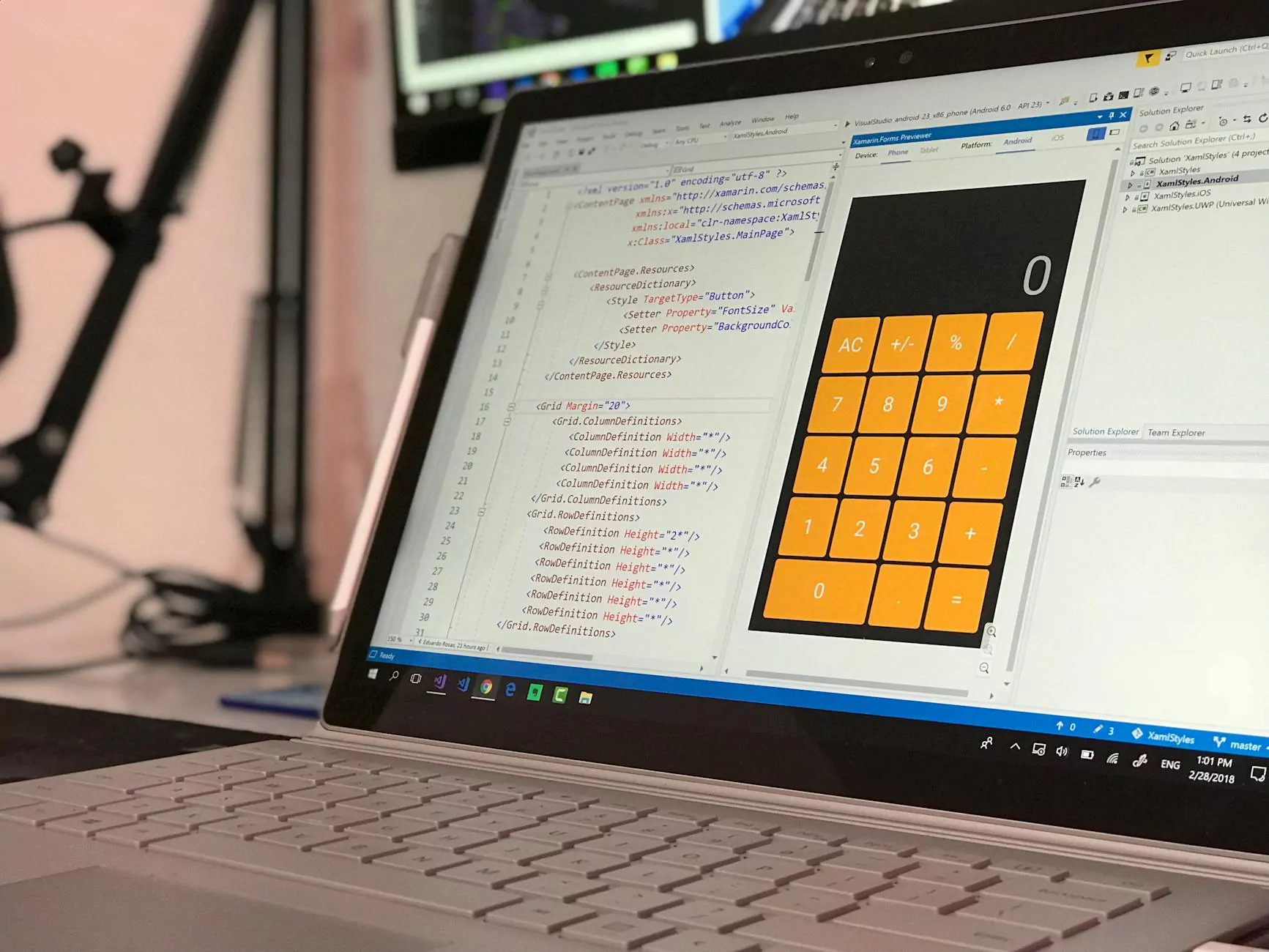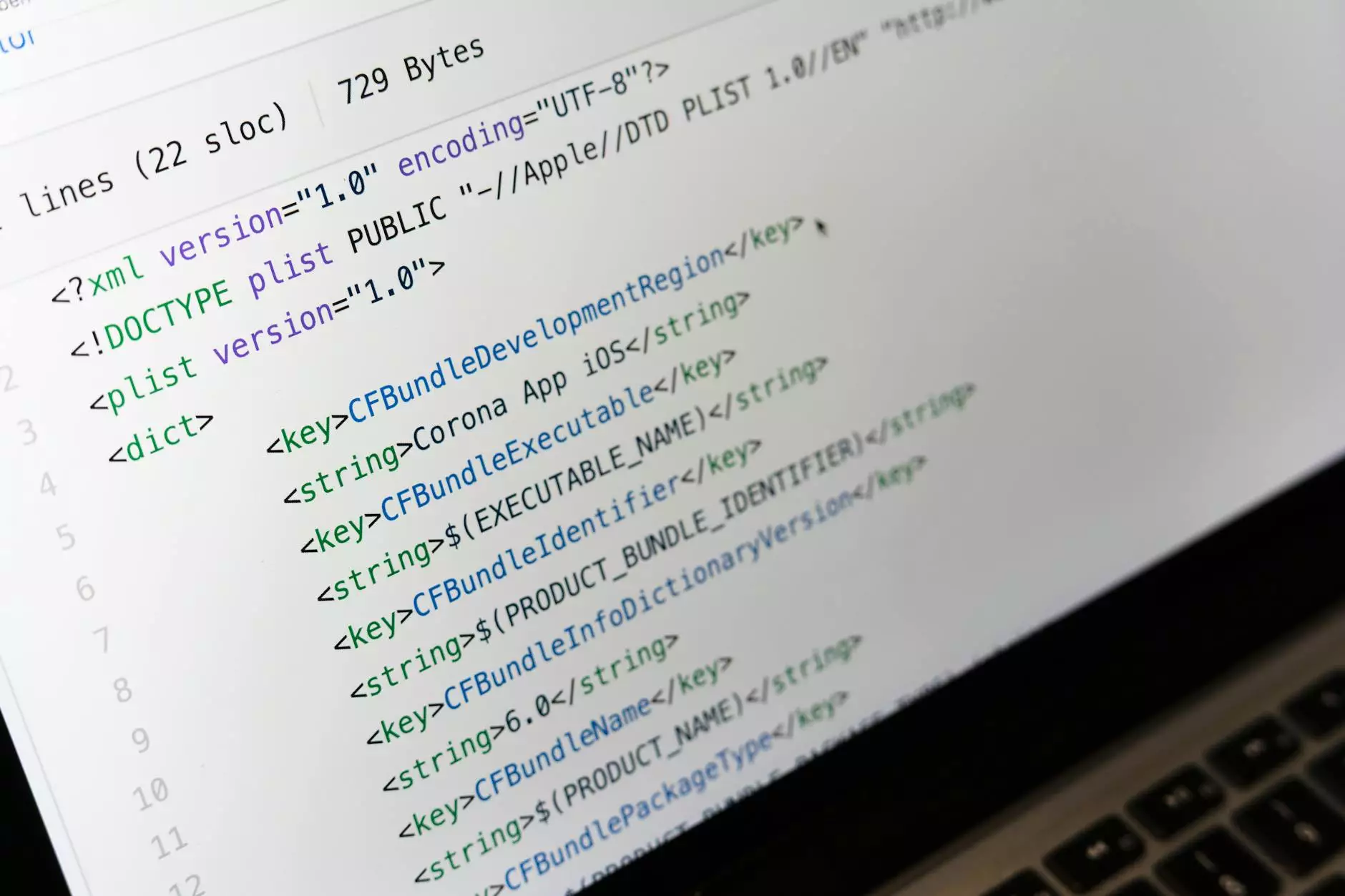React Native Vs. Flutter: Which Platform to Choose for Cross-platform App Development
App Development
Introduction
As businesses strive to reach a wider audience through mobile applications, cross-platform app development has gained considerable popularity. With various frameworks available, two prominent names stand out: React Native and Flutter. Both offer the ability to develop mobile apps for iOS and Android using a single codebase. However, choosing the right platform for your project requires a thorough understanding of their differences, advantages, and limitations.
React Native: An Overview
React Native is an open-source framework developed by Facebook. It uses JavaScript and React to build native-like mobile apps. One of its key strengths is the large and active community, which contributes to its continuous improvement and stability. As for performance, React Native leverages a bridge that communicates with native modules, enabling smooth interactions and rendering.
Flutter: An Overview
Google's Flutter, on the other hand, is a newer player but has quickly gained popularity. It allows developers to build high-performance mobile apps using a single codebase written in Dart programming language. Flutter's UI is rendered directly on the device, eliminating the need for a bridge, resulting in fast and responsive applications.
Performance Comparison
When it comes to performance, both React Native and Flutter excel in their own ways. React Native's bridge architecture may introduce a slight overhead, but it has matured over the years and offers a smooth user experience. Flutter, on the other hand, delivers exceptional performance by rendering UI directly on the device. Its "hot reload" feature enables real-time code changes without restarting the app, significantly speeding up the development process.
Community and Ecosystem
The strength of a platform lies not only in its technology but also in the support it receives from its community and the availability of third-party libraries. React Native boasts a massive community and an extensive ecosystem with a vast selection of ready-to-use components and libraries, making it easier for developers to find solutions to common problems. Flutter, though relatively newer, has an active and growing community that continuously contributes to its ecosystem.
Development Experience
When it comes to the development experience, both React Native and Flutter offer their unique advantages. React Native's use of JavaScript and its similarity to web development makes it a favored choice for developers with a web background. Additionally, the support for "hot reloading" helps speed up iteration cycles.
Flutter, with its reactive framework, offers a quick and delightful development experience. Its rich set of pre-built UI components, known as "widgets," allows developers to create beautiful and highly customizable interfaces. Furthermore, Flutter provides a consistent UI experience across different platforms, reducing the need for separate designs.
Platform Support and Compatibility
Both React Native and Flutter support iOS and Android platforms, which cover a vast majority of the mobile market. React Native, being older and more mature, has a larger number of libraries and allows easy integration with native code. Flutter, on the other hand, focuses on providing a consistent UI experience across platforms.
Choosing the Right Platform for Your Project
When deciding between React Native and Flutter, it's essential to consider the specific requirements and constraints of your project. React Native, with its well-established community and extensive ecosystem, is an ideal choice for projects that require integrations with existing native modules and libraries.
Flutter, on the other hand, is an excellent choice for projects that prioritize UI consistency and performance. Its reactive development model, combined with a rich set of pre-built widgets, allows for faster development cycles and visually stunning interfaces.
Conclusion
Ultimately, the choice between React Native and Flutter depends on various factors including project requirements, team expertise, and personal preferences. Both platforms have their strengths and weaknesses, and it is important to weigh these factors carefully before making a decision.
At Coyote Website Design, our team of skilled developers has extensive experience in both React Native and Flutter. If you need professional guidance in choosing the right platform for your cross-platform app development project, feel free to reach out to us. We are here to help you bring your ideas to life!










